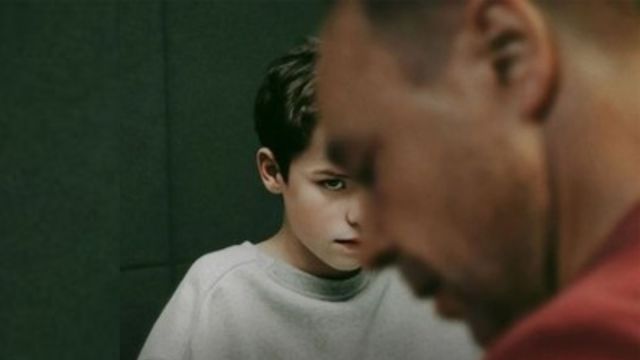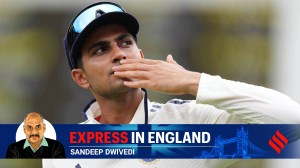How handling of minors in conflict with law by police has evolved over decades
An officer said that usually when they are questioning a minor, it is done in the presence of someone they are comfortable with.
 The recent Netflix series Adolescence offers valuable insights into the emotional struggles of today’s youth, helping us better understand the cracks in our support systems and the damaging influence of online culture. (Netflix)
The recent Netflix series Adolescence offers valuable insights into the emotional struggles of today’s youth, helping us better understand the cracks in our support systems and the damaging influence of online culture. (Netflix)In the Netflix miniseries Adolescence, a 13-year-old boy accused of the murder of a girl in his class is questioned by the police in the presence of his father and solicitor.
Later, a psychologist works with him at the youth detention facility to prepare a pre-trial report on his mental capacity.
Over the past few decades, especially following the UN Convention on the Rights of the Child (CRC) signed in 1989 – of which India is a signatory – there has been a higher level of sensitivity when it comes to dealing with minors in conflict with law.
“In all actions concerning children, whether undertaken by public or private social welfare institutions, courts of law, administrative authorities or legislative bodies, the best interests of the child shall be a primary consideration,” the Convention states.
In the incident that took place along the eastern suburbs of the city last week where a 16-year-old male allegedly pushed his 15-year-old friend, a female, from atop the terrace of a 32-storeyed building, the Mumbai Police that suspected something amiss in his statement spoke to the 16-year-old in the presence of his father.
The boy had initially told the police that the girl had been under academic stress and hence had died by suicide and he had nothing to do with it.
“The version of events he gave was not adding up. Since he is a minor, as per the Juvenile Justice Act, we asked his father to be present when we questioned him regarding the inconsistencies in his statement. The tone of questioning is much different from usual cases and we tried to take his father’s help to arrive at the truth,” an official said.
While the police registered an FIR in the case on Monday, they sent the boy home to his parents and produced him before the Dongri Observation home in line with the JJ Act.
An officer said that usually when they are questioning a minor, it is done in the presence of someone they are comfortable with.
“Usually, we get a woman officer to question minors. If they are too nervous, we also go to the residence of the minor and do not wear a uniform so that the minor is more at ease to talk,” the officer said.
The officer added, “Initially, we just conduct basic enquiry. The actual statement of the minor is taken in the presence of a Probation Officer appointed in the case by the Children Welfare Committee (CWC) where the child is comfortable.”
Section 10 of the JJ Act that deals with Apprehension of child alleged to be in conflict with law mentions, “ ..in no case, a child alleged to be in conflict with law shall be placed in a police lockup or lodged in a jail….The State Government shall make rules consistent with this Act,—(i) to provide for persons through whom (including registered voluntary or non-governmental organisations) any child alleged to be in conflict with law may be produced before the Board..”
The JJ Act further provides details about various aspects in dealing with a juvenile in conflict with law from the role of a person in whose charge a child in conflict with law is to be placed to bail to the role of parents and probation officers.
While under the JJ Act 2000, punishment awarded to juveniles in conflict is law was lesser as compared to adults, the amended JJ Act 2015, allows for juveniles in conflict with law in the 16-18 age group to be tried as adults in case of heinous crimes following the approval of the court.












